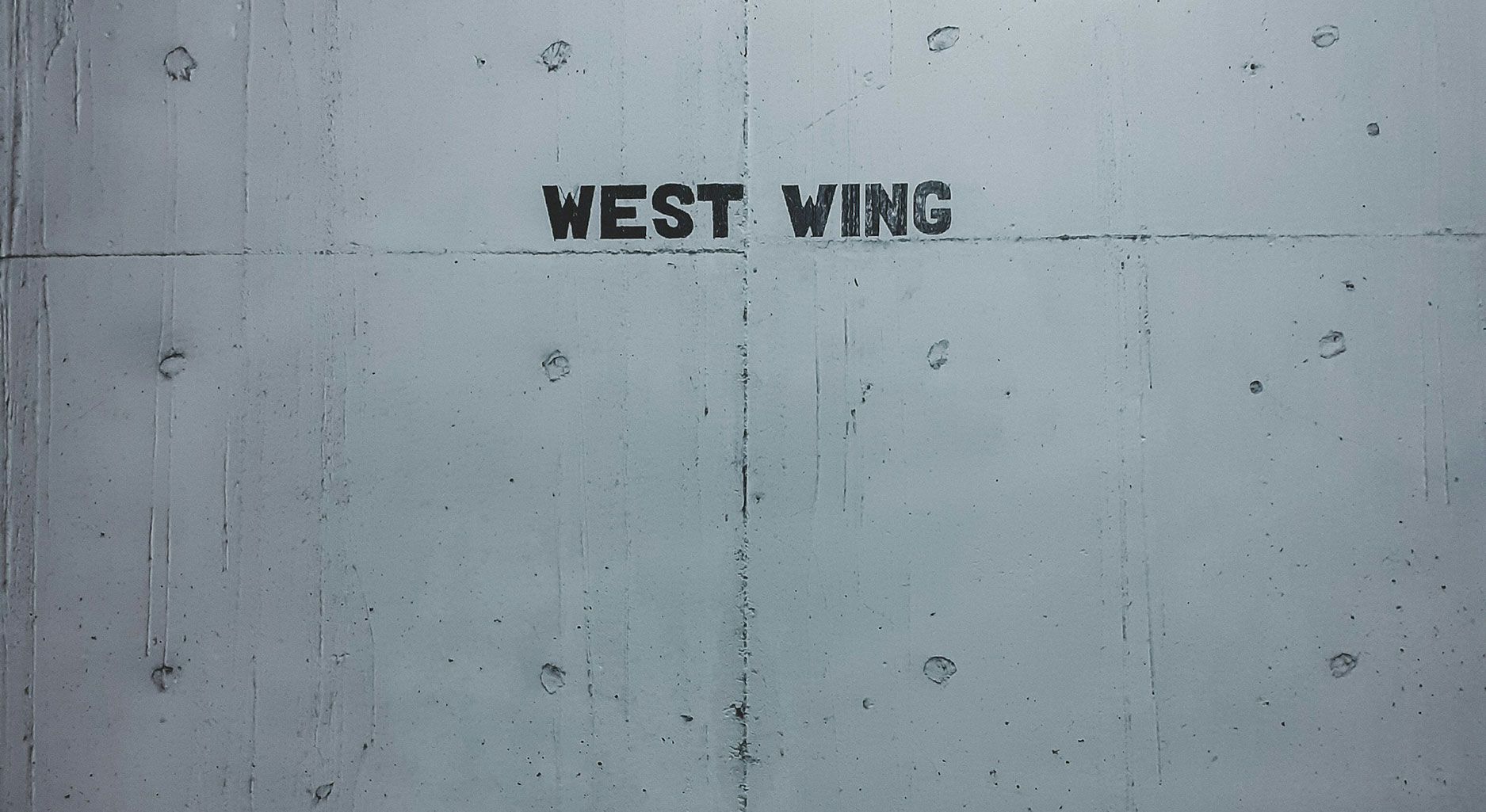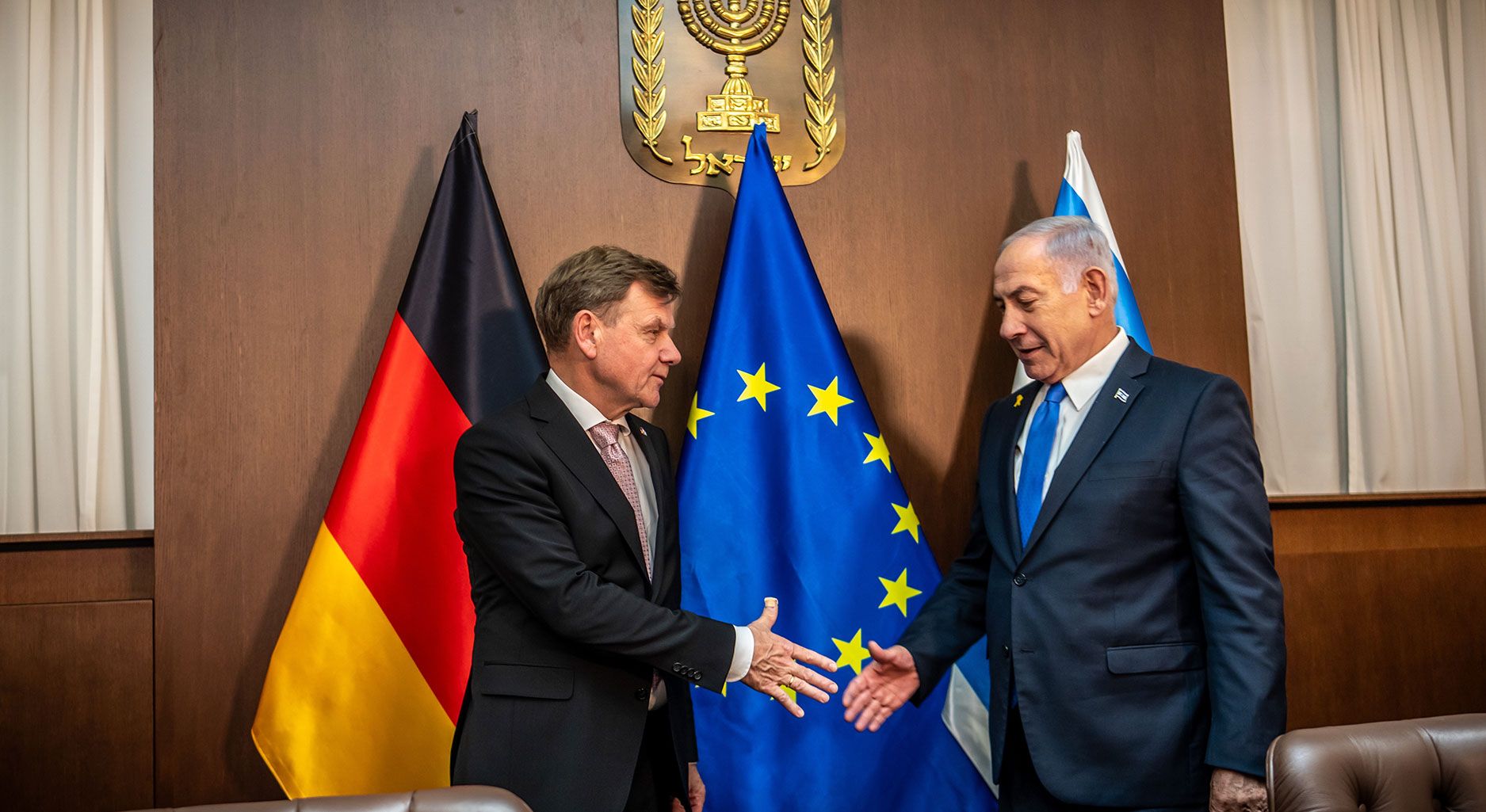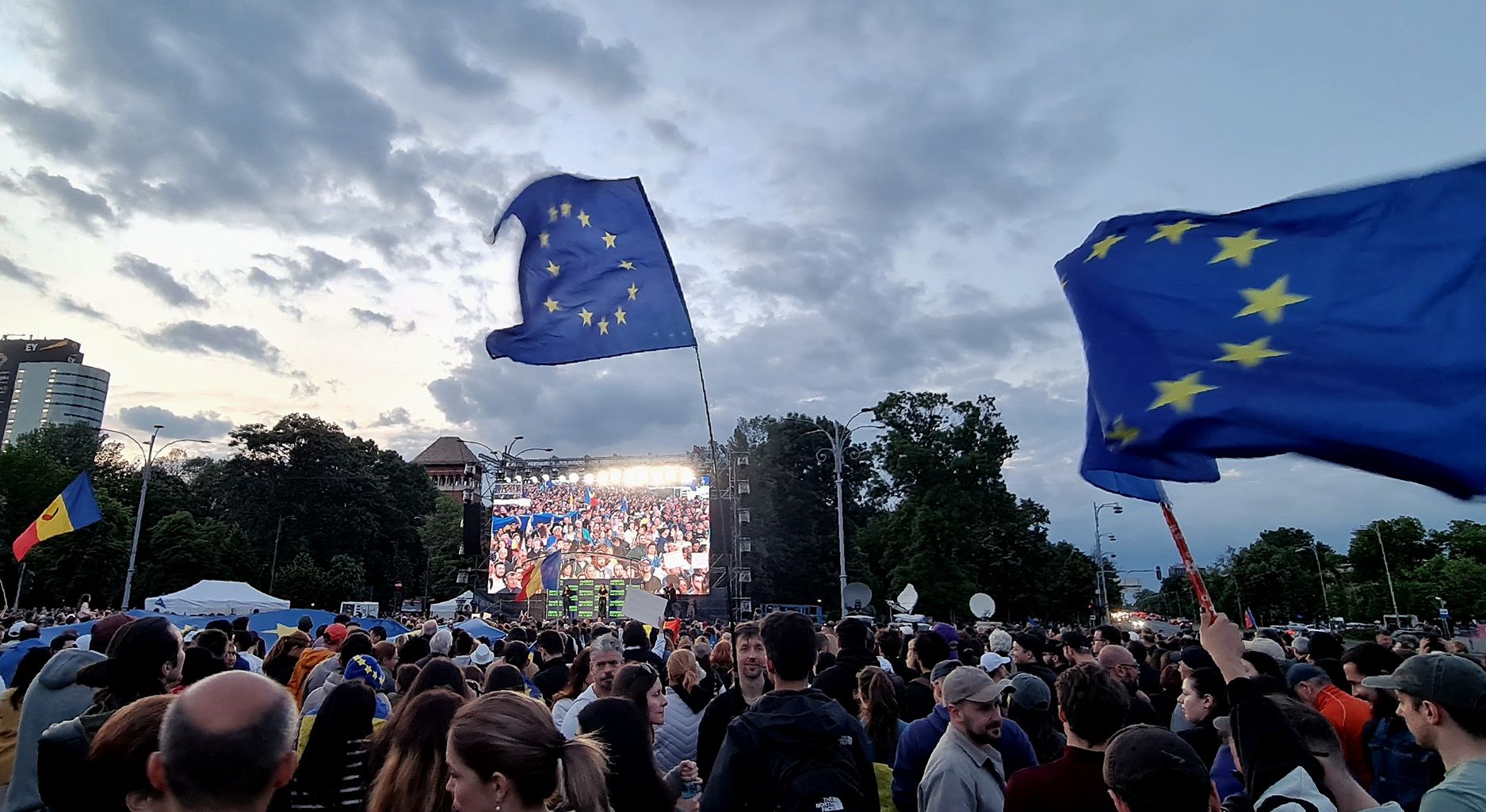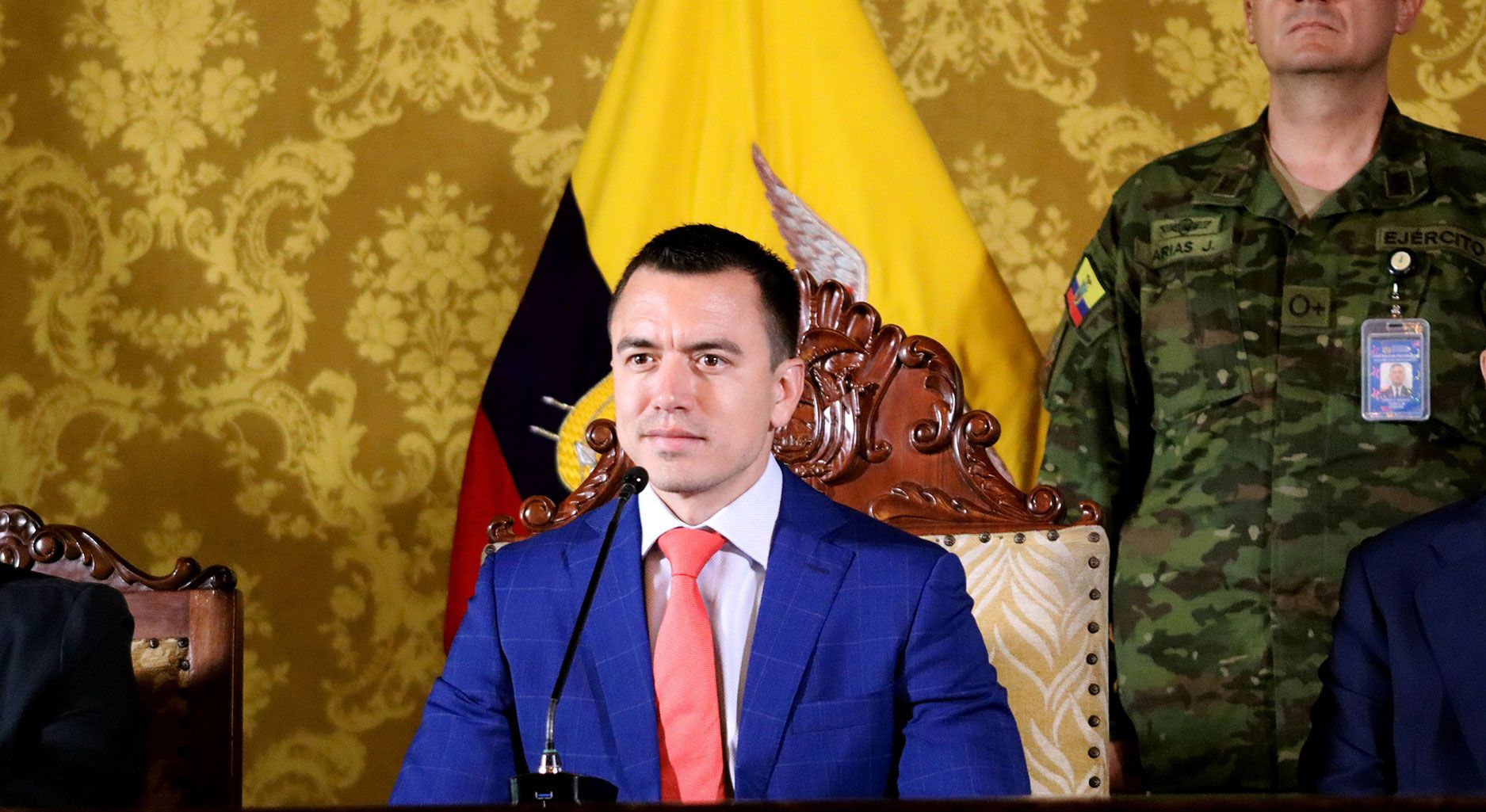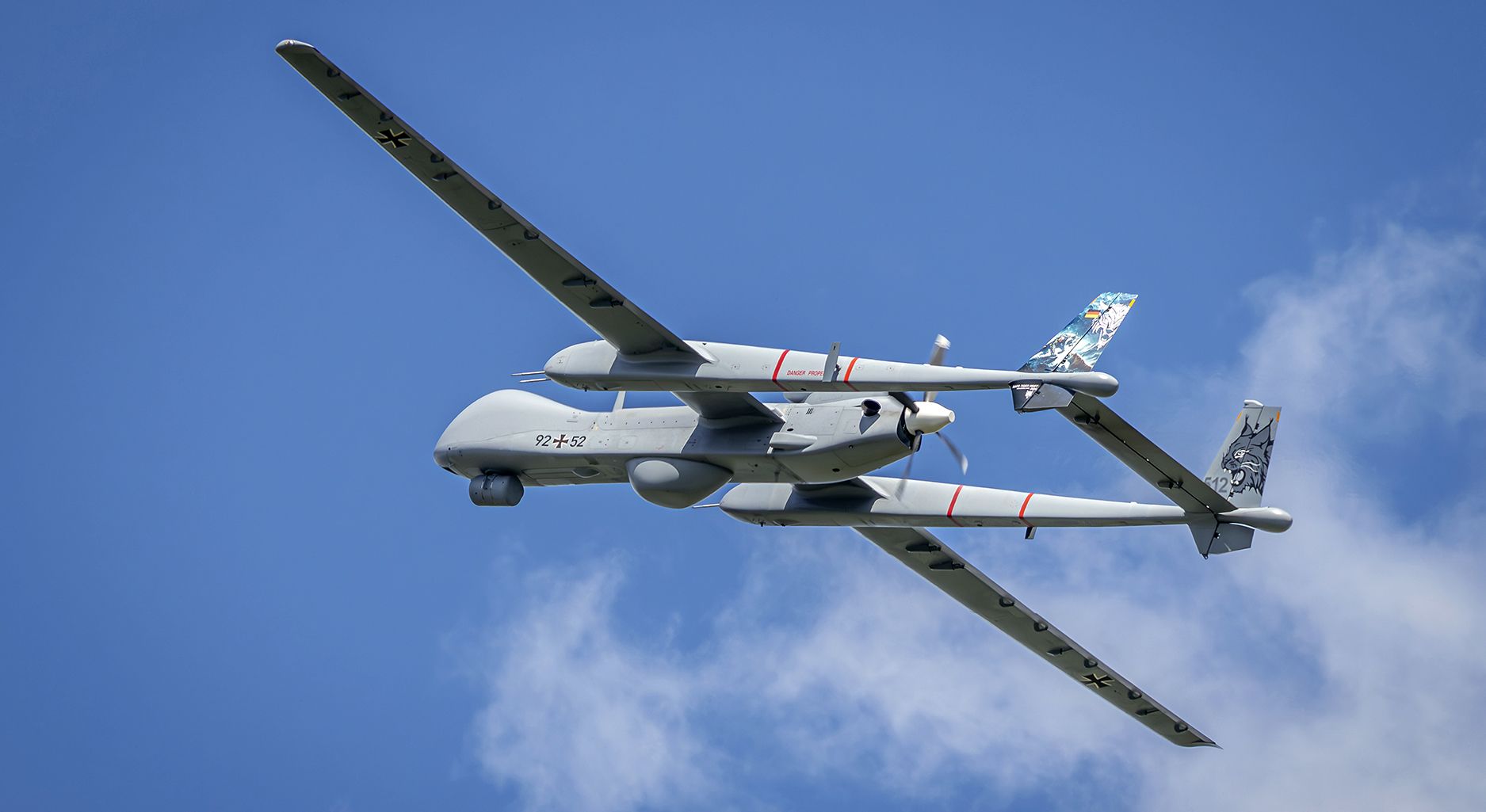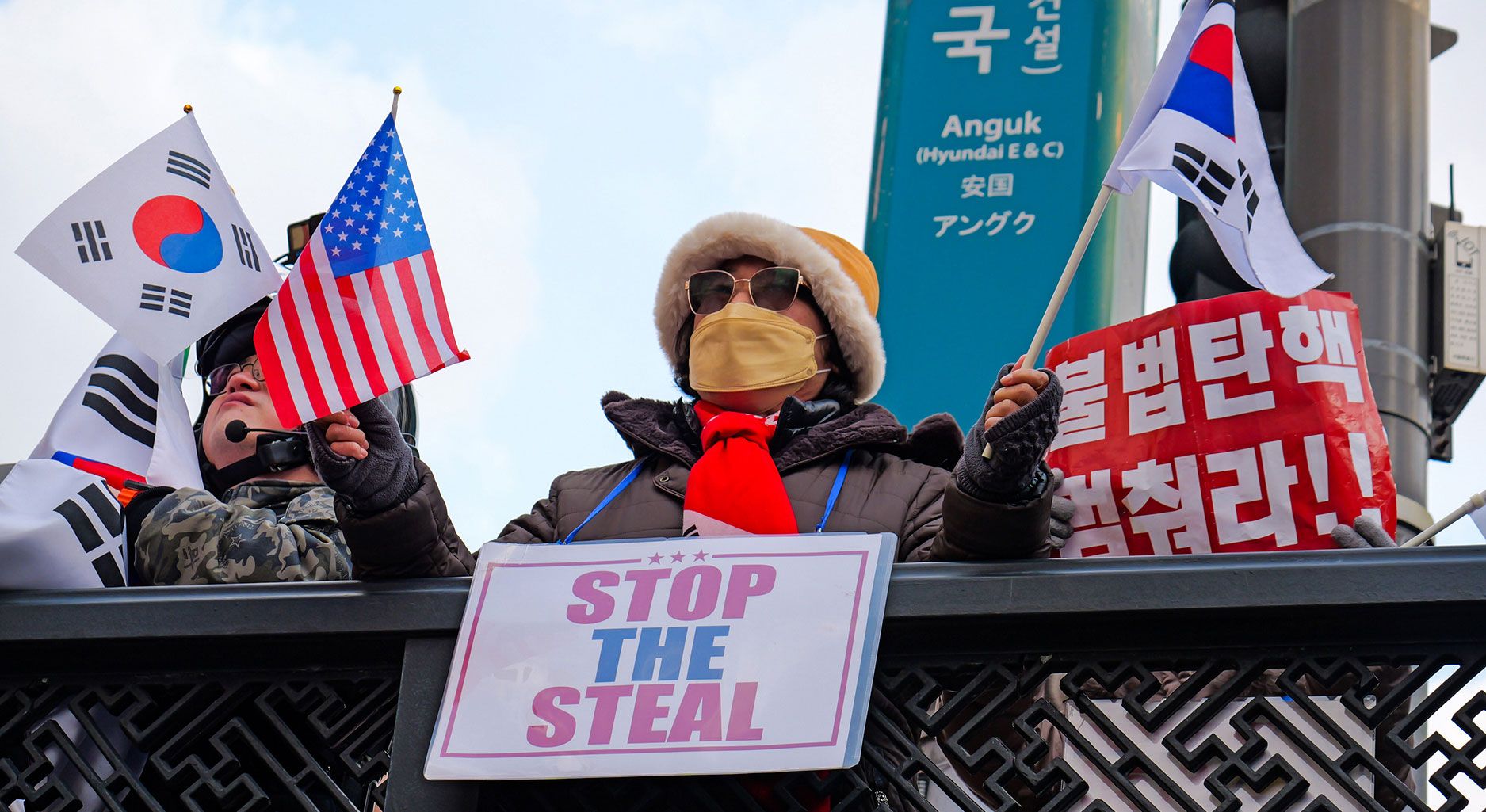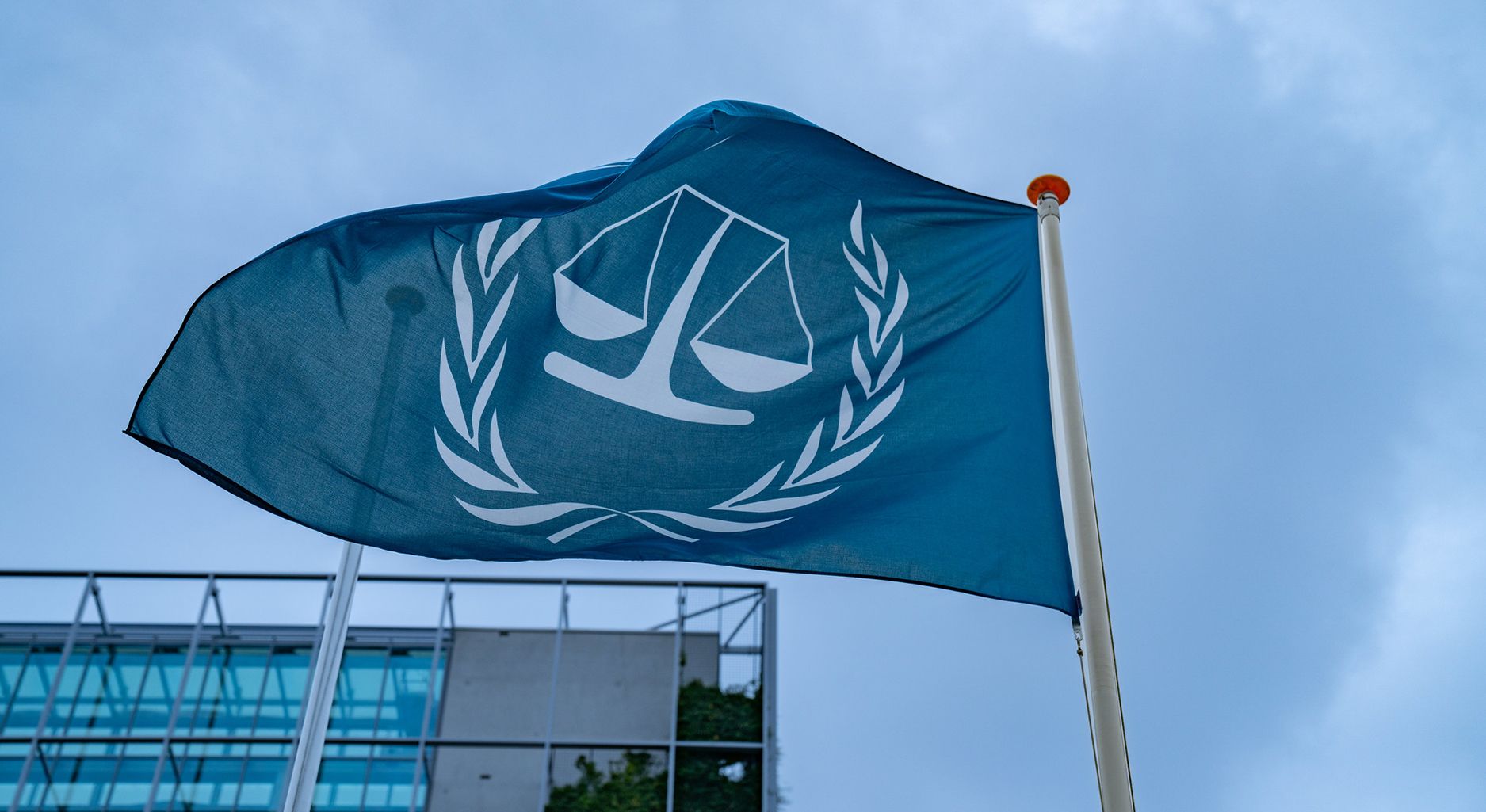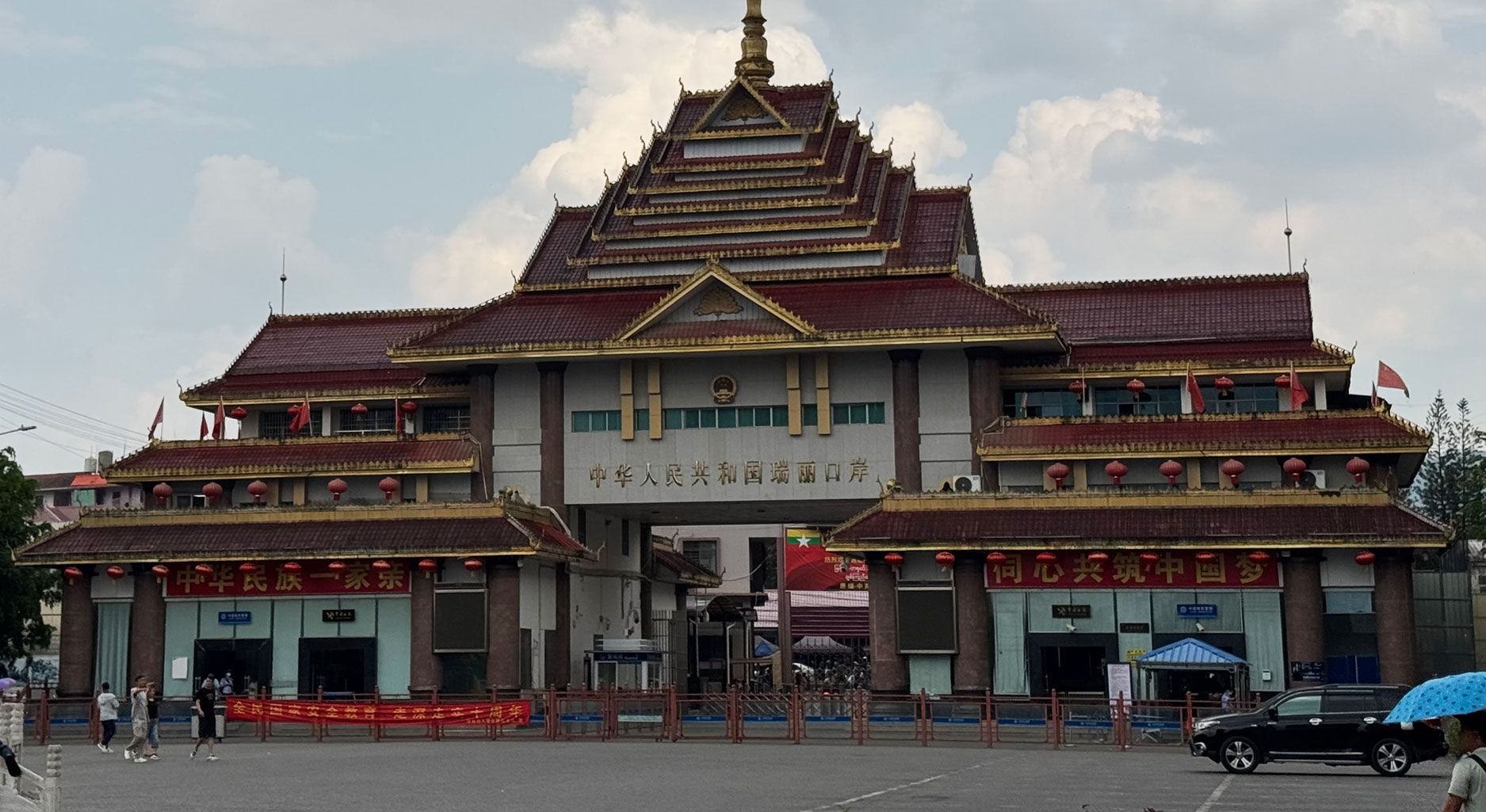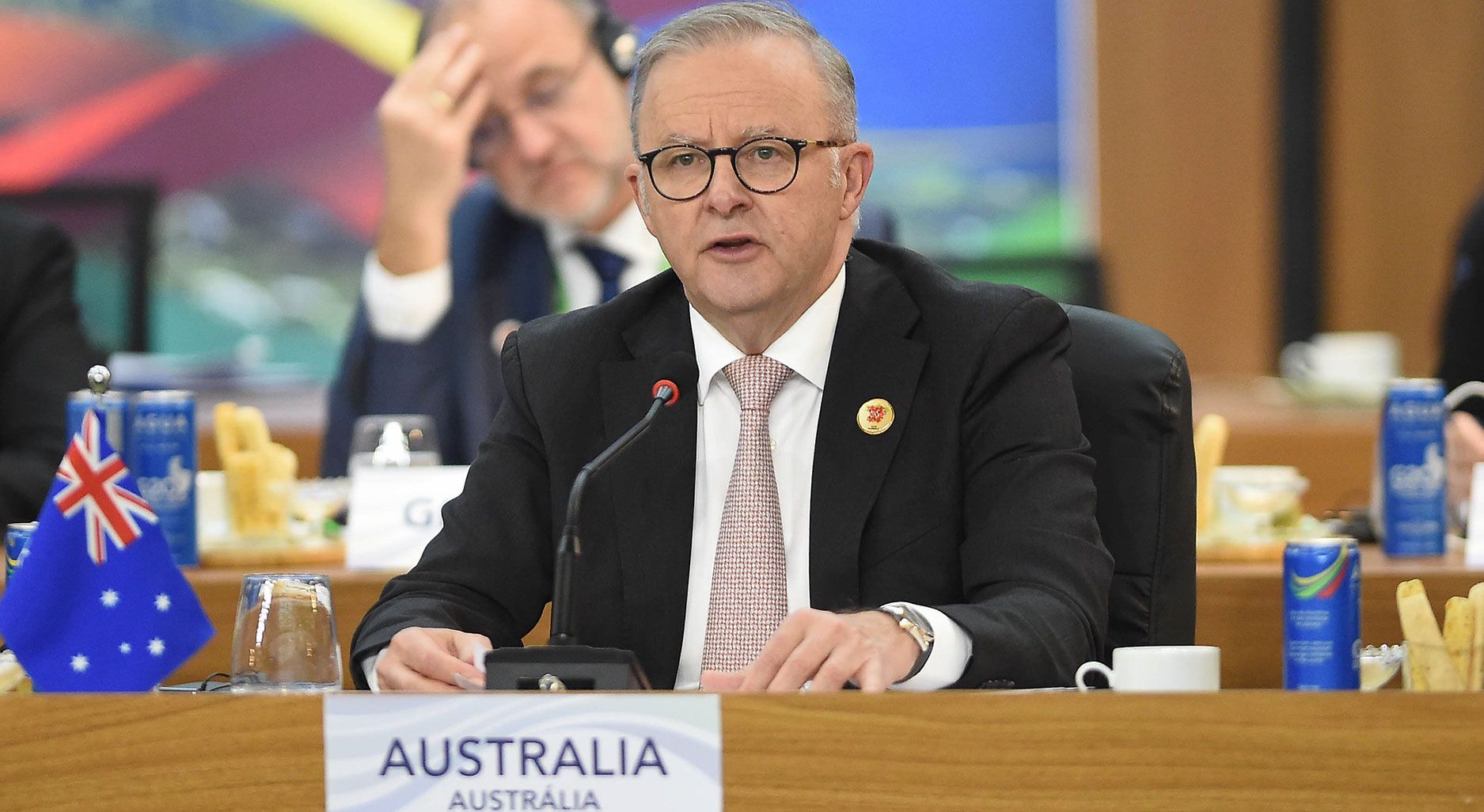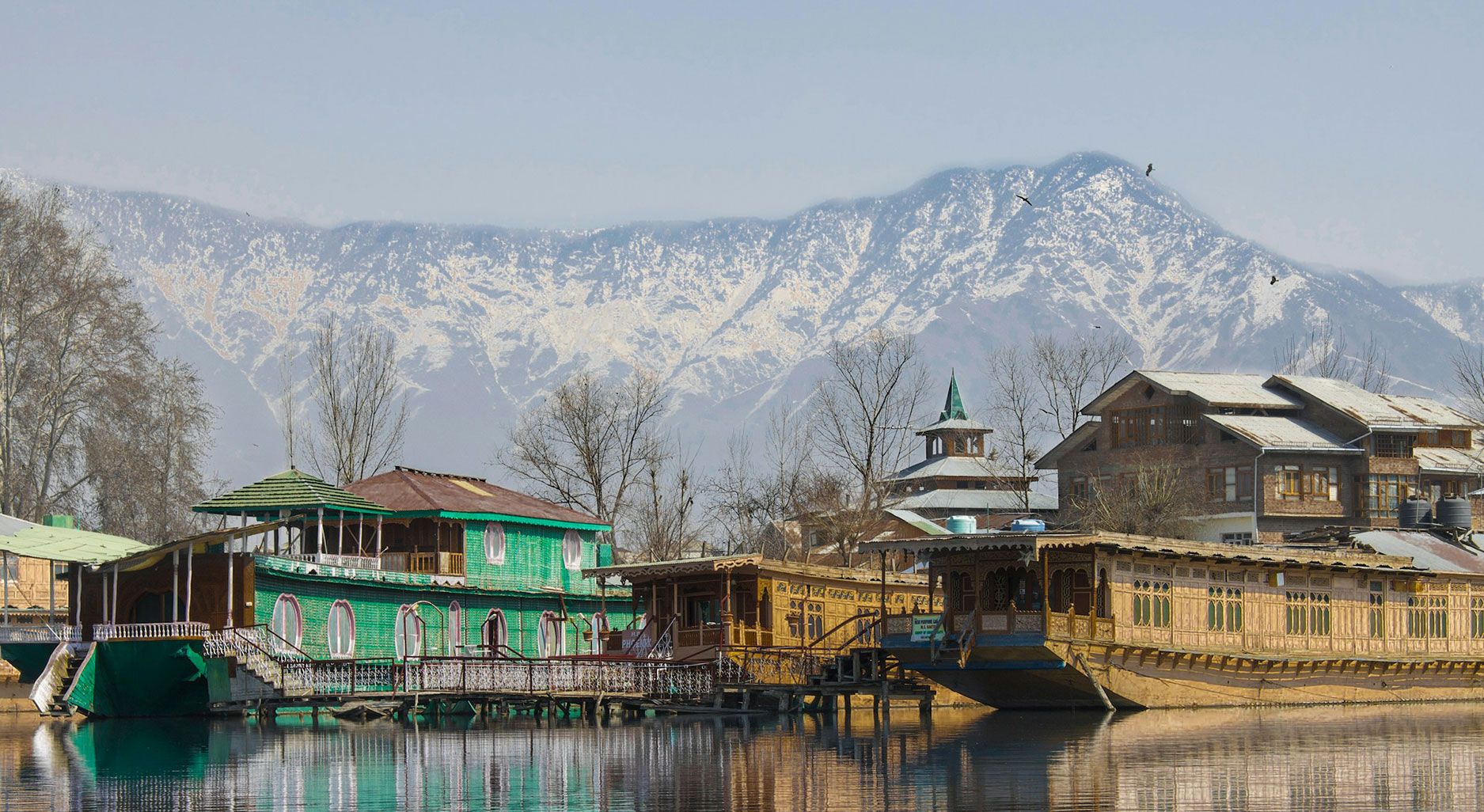Monat: Mai 2025
Letzte Woche ließen zwei Meldungen besonders aufhorchen: Die eine, nicht neu, dass die größte extremistische Gefahr in Deutschland von Rechtsextremist*innen ausgehe. Die andere, und diese überraschender, dass sich zunehmend auch Teenager radikalisierten. Bei einer bundesweiten Razzia wurde ein 14-Jähriger festgenommen. Das Phänomen wird nicht nur in Deutschland und Europa beobachtet. Auch in Singapur kam es zuletzt zu mehreren Verhaftungen rechtsextremer und auffallend junger Männer. Interessant ist der Fall Singapurs, weil dort die rechtsextremistische Radikalisierung als aus „dem Westen“ importiert verstanden wird. Was wissen wir über das Phänomen dieser transnational-diffundierenden Radikalisierung junger Männer und gibt es Unterschiede in den Erklärungsansätzen?
Kritik ohne Konsequenzen: Überfällige Schritte für eine friedenspolitische Rolle Deutschlands im Israel-Gaza Krieg
Die Kritik am israelischen Vorgehen in Gaza wird plötzlich auch in der deutschen Politik deutlich. Doch fehlt bislang ein wirklicher Politikwechsel. Stärkerer diplomatischer Druck auf Israel, regionale Friedensinitiativen zu verfolgen, die konsequente Unterstützung des Völkerrechts in Bezug auf Rüstungsgüter sowie die Anerkennung von Entscheidungen internationaler Gerichte müssen in den Mittelpunkt der politischen Debatte rücken.
The Day After Tomorrow: The Emerging Political Disaster on the EU’s Eastern Borders
The European Union’s efforts to become a global power and to take the responsibility for its direct neighborhood may face a significant challenge. While news headlines remain fixed on Trump’s foreign policy, Russia’s war in Ukraine, and the risks of global crisis, the region of Central and Eastern Europe is slipping into a spiral of political crisis. Between fragmented and polarized parliaments and fragile governmental coalitions, the EU’s borderlands are becoming political minefields. If their respective problems remain unchecked, the crises may impact the EU, paralyze governance, empower ‘sovereigntists’, and destabilize the EU from within. The cases of Bulgaria, Romania, Moldova, and Poland, where systemic instability is the “new normal”, shed the light on the prospects that the whole EU may face in the very near future.
Freie Fahrt für harte Hand? Ecuadors militärischer Kampf gegen das Verbrechen geht in die zweite Runde
Am 24. Mai 2025 hat Daniel Noboa sein altes, neues Amt als Präsident Ecuadors angetreten. Damit endet nach anderthalb Jahren Noboas Amtszeit als gewählter Übergangspräsident, die im November 2023 begonnen hatte, und seine erste reguläre Amtszeit beginnt. Die Herausforderungen könnten dabei kaum größer sein. In diesem Beitrag beleuchten wir Bilanz und Pläne Noboas mit Blick auf den „Krieg“ gegen das Verbrechen, den der Präsident im Januar 2024 ausgerufen hatte.
A Weapon Looking for a Purpose: Should Germany Deploy its New Heron TP Drones to the Baltics?
Influenced by Russia’s invasion of Ukraine and the evolving security landscape, Germany’s decade-long debate over armed drones concluded in 2022 with the decision to arm the Heron TP. This article examines the potential use of armed Medium Altitude Long Endurance UAVs in countering Russian grey zone tactics in the Baltic region. It argues that, despite vulnerabilities in high-intensity warfare, UAVs like the Heron TP are well-suited for intelligence, surveillance, reconnaissance, and rapid response in irregular conflict scenarios. Forward deployment to the Baltics could enhance responsiveness and deterrence, supporting NATO missions and demonstrating Germany’s commitment to collective defense in an increasingly unstable European security environment.
Korea nach dem Putschversuch. Mit Neuwahlen aus der politischen Krise?
Als der südkoreanische Präsident Yoon Suk-yeol im Dezember 2024 überraschend das Kriegsrecht ausrief, galt dieses zwar nur sechs Stunden. Das Land wurde aber dennoch in eine tiefe politische Krise gestürzt. Yoon wurde vom Parlament des Amtes enthoben, widersetzte sich dann aber wochenlang seiner Festnahme. Die Neuwahlen des Präsidentenamtes am 3. Juni finden nun vor dem Hintergrund einer scharfen innenpolitischen Polarisierung und wachsender handels- und sicherheitspolitischer Herausforderungen statt. Diese Vorgänge stellen auch Deutschlands „Wertepartnerschaft“ mit Südkorea in Frage, die zukünftig pragmatischer ausgerichtet werden sollte.
Justice for Ukraine: The Case for a Special Tribunal on the Crime of Aggression
On May 9th, 2025, an international coalition of almost 40 states, senior legal experts of the European Commission, the European External Action Service, the Council of Europe, and Ukraine, together officially endorsed the creation of a Special Tribunal for the Crime of Aggression against Ukraine. This represents a significant step toward holding Russia accountable for its illegal war and violations of international law. This blog post seeks to examine in greater detail the development, structure, and prospective functioning of the Tribunal, while situating it within the broader framework of international law. In parallel, it aims to formulate policy recommendations whereby Germany might continue its active support for Ukraine in the legal domain and reaffirm its commitment to upholding the rules-based international order.
How Crisis Crosses Borders: Myanmar’s Civil War Shattered a Chinese Border Boomtown
Civil wars may not respect national boundaries. As civil war escalates in Myanmar, its consequences are being felt across the border in unexpected ways. In China’s Yunnan province, the city of Ruili has faced significant economic challenges. Once a thriving hub for trade and industry, the closure of border crossings, the collapse of trade routes, factory shutdowns, and the decline of the jade market have all weakened Ruili’s economic foundation. This article examines how a civil war within one state has profoundly disrupted the economy and social fabric of a neighboring country.
Voting for Peace Down Under? The 2025 Australian Election in a Tumultuous World
The 2025 Australian federal election happened during a tumultuous time, characterised by geopolitical competition, the climate crisis, and cost of living pressures. The rise of right-wing extremism in many countries and the erosion of the rules-based international order added to the mix. Australians overwhelmingly voted for a moderate government that, despite significant challenges, will facilitate international cooperation and peace-enhancing policies.
Terrorist Attack in Baisaran Valley: Ramifications on India’s Domestic Politics
On April 22nd, terrorists targeted tourists in Baisaran Valley, Kashmir, India, resulting in the deaths of 26 people. Since the attack, tensions between the two nuclear-armed neighbors have escalated. India and Pakistan have fought multiple wars over the disputed territory of Kashmir, which both countries claim. This article will examine the political ramifications within India, particularly through the lens of right-wing discourse. It will contextualise the multiple dynamics of the terrorist attack on India’s secularism and diversity, as the majoritarian political ecosystem constructed and weaponised narratives for ideological and political advantages.
